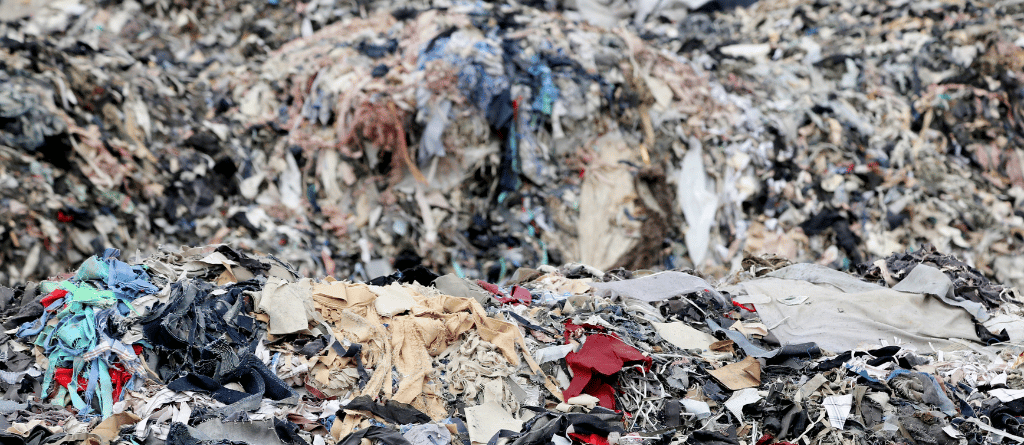Planting Trees for a Sustainable Future in China
During my recent visit to China, I had the privilege of speaking at St Bees Dongguan and joining students and teachers for a special tree-planting event. Sustainability in China is more important than ever, and schools like St Bees are leading the way.
At Jump, we encourage people, students, employees, and communities to take small actions that add up to a big impact. Whether it’s recycling more, saving energy, or switching off air conditioning, every action helps. This tree-planting event was a perfect example of how simple steps can inspire lasting change.
Watch the video from our visit here:
Building a Stronger Commitment to Sustainability in China
This event was more than just planting a tree, it marked the beginning of a long-term collaboration. Partnering with Trees for Cities, St Bees is taking a leadership role in sustainability in China. By engaging students in real environmental action, we help shape future sustainability champions.
I was inspired by the students and staff. Their passion for the environment was clear. St Bees has the potential to be a leader in sustainabilitynot just in China, but worldwide.
Empowering Schools to Take Action
At Jump, we create interactive programmes to help schools, universities, businesses, and local councils make a real impact. If we continue working with St Bees, we can provide a platform that encourages students to take action. Through fun challenges, competitions, and rewards, we can inspire them to build lifelong sustainable habits.
By making sustainability part of daily school life, we create lasting change. Schools play a key role in shaping future leaders. Through projects like this, we can drive real progress in sustainability in China and beyond.
How important is Sustainability in China?
China’s contribution to the global economy is worth over $3 trillion dollars, which means that engaging their population with sustainability is crucial to reducing global emissions.
The impacts of climate change pose significant risks to China’s densely populated and economically vital coastal cities, which house about one-fifth of the nation’s population and contribute a third of its GDP. These regions are increasingly vulnerable to rising sea levels and extreme weather events, underscoring the need for sustainable development.
Recognising these challenges, China has made substantial investments in renewable energy. In the first half of 2024, the country added clean power capacity equivalent to the UK’s entire annual electricity output, reflecting its commitment to reducing reliance on fossil fuels.
By embracing sustainability, China not only addresses its environmental challenges but also plays a pivotal role in global efforts to combat climate change. Initiatives like the tree-planting event at St Bees Dongguan exemplify the positive steps being taken to foster environmental stewardship among the younger generation.
Looking Ahead: A Greener China Starts with Education
A huge congratulations to Miss Sarah, the staff, and the students at St Bees. This tree will stand as a reminder of the importance of protecting our planet. It will also grow alongside students who carry these values into the future.
Sustainability in China is gaining momentum. Schools like St Bees will help inspire more communities to take action. I look forward to returning to Dongguan and seeing our lychee tree thrivejust like the young environmental leaders at St Bees.
Would you like to see how Jump can help your school or organisation engage people in sustainability? Get in touch today!









